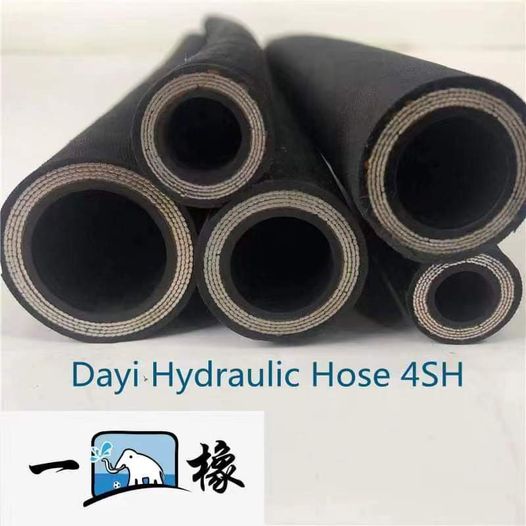335345435
Oct . 21, 2024 09:43 Back to list
Natural Gas Hose Production Facilities and Industry Trends for Efficient Supply Solutions
The Role of Natural Gas Hose Factories in the Energy Sector
In the ever-evolving landscape of energy production and distribution, natural gas has emerged as a pivotal player. Its versatility, efficiency, and relatively lower carbon footprint compared to other fossil fuels have elevated natural gas to a preferred choice for many industries. One crucial component that supports the infrastructure of natural gas transportation and distribution is the humble natural gas hose. In this article, we will explore the role of natural gas hose factories, their manufacturing processes, and their significance in the energy sector.
Understanding Natural Gas Hoses
Natural gas hoses are specialized conduits designed to transport natural gas from one point to another safely and efficiently. These hoses are engineered to withstand high pressure, extreme temperatures, and other environmental stresses while maintaining the integrity of the gas they carry. They are typically made from materials such as rubber, thermoplastic, or metal, and they must meet rigorous industry standards to ensure safety and reliability.
The demand for natural gas hoses is driven not only by the energy sector but also by industries such as manufacturing, construction, and agriculture, all of which rely on natural gas for various applications
. As such, natural gas hose factories play a critical role in ensuring a steady supply of this essential component.Manufacturing Processes
The production of natural gas hoses involves several key processes. The first step is the selection of raw materials. Manufacturers must choose high-quality materials that can withstand the physical and chemical demands of transporting natural gas. Common materials used include synthetic rubber and thermoplastics, which are chosen for their durability and flexibility.
Once the materials are sourced, they undergo a series of preparation stages. This may include compounding, where various chemicals are blended to enhance the properties of the hose material. After preparation, the material is shaped into the desired form through processes like extrusion or molding.
Quality control is paramount in the manufacturing of natural gas hoses. Factories employ rigorous testing procedures to ensure that each hose can withstand the pressure and conditions it will face in real-world applications. Testing methods may include hydrostatic tests, burst tests, and inspections for leaks. Certifications from industry bodies often accompany successful testing, ensuring that manufacturers meet safety standards.
natural gas hose factories

Innovations in Natural Gas Hose Manufacturing
As the energy sector continues to evolve, so too does the technology behind natural gas hose manufacturing. Recent innovations have focused on improving the durability and safety of hoses. For instance, the use of advanced polymer materials has led to hoses that are lighter yet stronger, allowing for easier handling and installation.
Another area of innovation is the integration of smart technology. Some modern hoses are equipped with sensors that can monitor pressure, temperature, and even detect leaks in real time. This proactive approach to monitoring not only enhances safety but also minimizes the risk of costly accidents or environmental hazards.
The Significance of Natural Gas Hose Factories
Natural gas hose factories are vital for the energy sector and the economy at large. They contribute to job creation, provide essential components for energy production, and help ensure that natural gas is delivered safely to homes and businesses. Additionally, as the world moves toward cleaner energy solutions, the role of natural gas is expected to grow, leading to increased demand for high-quality hoses.
Furthermore, these factories contribute to sustainability efforts by providing products that enable more efficient energy use. By facilitating the safe transport of natural gas, they help reduce reliance on more polluting energy sources, supporting a transition to cleaner energy systems.
Conclusion
In conclusion, natural gas hose factories are an integral part of the energy landscape. They not only manufacture the critical components needed for the safe transportation of natural gas but also drive innovation and sustainability in the sector. As the world continues to embrace natural gas as a clean energy alternative, the importance of these factories will only grow. Their continued evolution and adaptation to contemporary challenges will ensure that the infrastructure supporting natural gas remains robust, reliable, and ready to meet the demands of the future.
-
SAE 100 R17 Black Smooth Cover Hydraulic Hose
NewsMar.07,2025
-
SAE 100 R17 Black Smooth Cover Hydraulic Hose
NewsMar.07,2025
-
SAE 100 R17 Black Smooth Cover Hydraulic Hose
NewsMar.07,2025
-
SAE 100 R17 Black Smooth Cover Hydraulic Hose
NewsMar.07,2025
-
SAE 100 R17 Black Smooth Cover Hydraulic Hose
NewsMar.07,2025
-
steel wire braided hydraulic hose
NewsMar.07,2025



